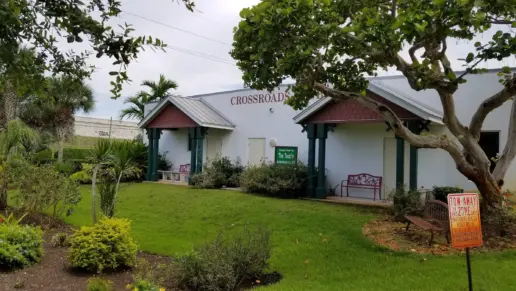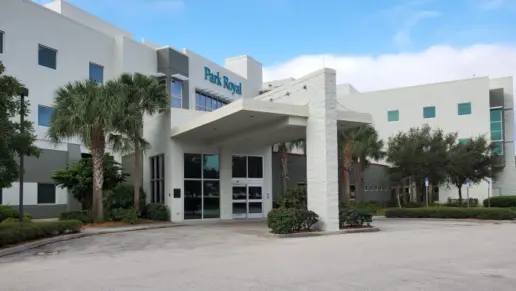About Memorial Regional Hospital – Behavioral Health
Memorial Regional Hospital’s Behavioral Health unit provides behavioral health and addiction recovery services for children, adolescents, and adults in Hollywood, Florida. They offer medication assisted treatment, inpatient treatment, outpatient programs, and aftercare services. Specialized support is available for pregnant, postpartum, and mothering women and those with co-occurring conditions.
Their medication assisted treatment program combines the use of FDA-approved opioid agonist medications and counseling to create a customized treatment plan tailored to the individual needs of the client. Available medications include buprenorphine, naloxone, and naltrexone. These medications can help alleviate the physical pain of withdrawal, minimize cravings, lower the risk of relapse, and prevent potential complications during medical detox.
In conjunction with meds, they offer a wide range of inpatient services, including psychotherapy, specialty trauma therapy, and ongoing peer recovery support services. Each level of care provides a secure and supportive environment where you can receive treatment from a multi-disciplinary team of healthcare professionals. While the timeline can vary, a typical inpatient stay is shorter than one week. During their stay, you’ll have access to crisis support, education groups, and therapeutic services, including individual and group therapy.
They also offer various outpatient treatment programs to meet your needs. Available services include psychotherapy, counseling, and care coordination. Their aftercare services include linkages and referrals to other departments within the Hospital, as well as throughout the community, helping clients find providers that can offer long-term recovery support.
They accept most commercial insurance plans. They also accept Medicare and Medicaid. Out of network benefits can vary so contact your individual provider to verify your coverage.
Facility Overview
Rehab Score
Gallery
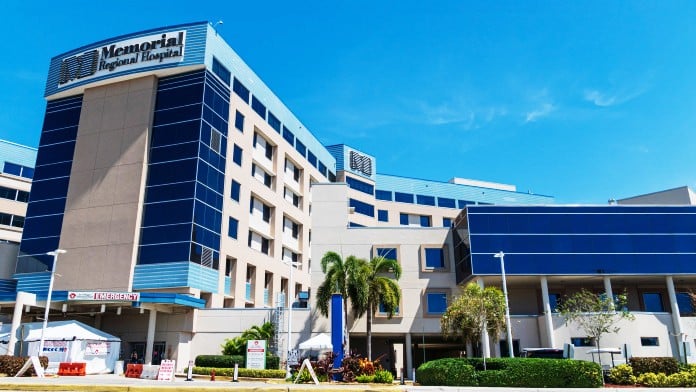
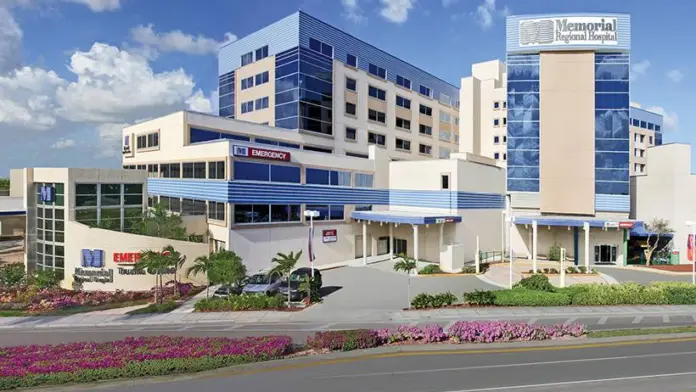

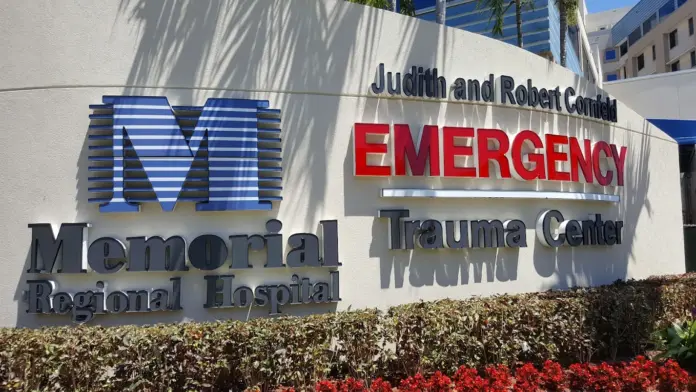
Location
Other Forms of Payment
Medicaid is a state based program that helps lower-income individuals and families pay for healthcare. Medicaid covers addiction treatment so those enrolled can use their coverage to pay for rehab. When a program accepts Medicaid the client often pays very little or nothing out of their own pocket.
Private insurance refers to any kind of healthcare coverage that isn't from the state or federal government. This includes individual and family plans offered by an employer or purchased from the Insurance Marketplace. Every plan will have different requirements and out of pocket costs so be sure to get the full details before you start treatment.
Self-pay involves paying for treatment out of your own pocket. You can use savings or credit, get a personal loan, or receive help from family and friends to fund your treatment. If you don't have insurance or your insurance plan doesn't cover a specific program, self-pay can help ensure you still get the care you need.
Financial aid can take many forms. Centers may have grants or scholarships available to clients who meet eligibility requirements. Programs that receive SAMHSA grants may have financial aid available for those who need treatment as well. Grants and scholarships can help you pai for treatment without having to repay.
Sliding scale payments are based on a client's income and family size. The goal is to make treatment affordable to everyone. By taking these factors into account, addiction recovery care providers help ensure that your treatment does not become a financial burden to you or your family, eliminating one barrier to care.
Medicare is a federal program that provides health insurance for those 65 and older. It also serves people under 65 with chronic and disabling health challenges. To use Medicare for addiction treatment you need to find a program that accepts Medicare and is in network with your plan. Out of pocket costs and preauthorization requirements vary, so always check with your provider.
Addiction Treatments
Levels of Care
Treatments
Many of those suffering from addiction also suffer from mental or emotional illnesses like schizophrenia, bipolar disorder, depression, or anxiety disorders. Rehab and other substance abuse facilities treating those with a dual diagnosis or co-occurring disorder administer psychiatric treatment to address the person's mental health issue in addition to drug and alcohol rehabilitation.
Mental health rehabs focus on helping individuals recover from mental illnesses like bipolar disorder, clinical depression, anxiety disorders, schizophrenia, and more. Mental health professionals at these facilities are trained to understand and treat mental health issues, both in individual and group settings.
Programs


Clinical Services
Dialectical Behavior Therapy (DBT) is a modified form of Cognitive Behavioral Therapy (CBT), a treatment designed to help people understand and ultimately affect the relationship between their thoughts, feelings, and behaviors. DBT is often used for individuals who struggle with self-harm behaviors, such as self-mutilation (cutting) and suicidal thoughts, urges, or attempts. It has been proven clinically effective for those who struggle with out-of-control emotions and mental health illnesses like Borderline Personality Disorder.
Experiential therapy is a form of therapy in which clients are encouraged to surface and work through subconscious issues by engaging in real-time experiences. Experiential therapy departs from traditional talk therapy by involving the body, and having clients engage in activities, movements, and physical and emotional expression. This can involve role-play or using props (which can include other people). Experiential therapy can help people process trauma, memories, and emotion quickly, deeply, and in a lasting fashion, leading to substantial and impactful healing.
Group therapy is any therapeutic work that happens in a group (not one-on-one). There are a number of different group therapy modalities, including support groups, experiential therapy, psycho-education, and more. Group therapy involves treatment as well as processing interaction between group members.
In individual therapy, a patient meets one-on-one with a trained psychologist or counselor. Therapy is a pivotal part of effective substance abuse treatment, as it often covers root causes of addiction, including challenges faced by the patient in their social, family, and work/school life.
Nicotine Replacement Therapy (NRT) is a way of getting nicotine into the bloodstream without smoking. It uses products that supply low doses of nicotine to help people stop smoking. The goal of therapy is to cut down on cravings for nicotine and ease the symptoms of nicotine withdrawal.
Trauma therapy addresses traumatic incidents from a client's past that are likely affecting their present-day experience. Trauma is often one of the primary triggers and potential causes of addiction, and can stem from child sexual abuse, domestic violence, having a parent with a mental illness, losing one or both parents at a young age, teenage or adult sexual assault, or any number of other factors. The purpose of trauma therapy is to allow a patient to process trauma and move through and past it, with the help of trained and compassionate mental health professionals.
During family therapy sessions, you navigate the complexities of addiction and are provided tools to help improve communication and resolve conflicts. When you work together, families can better support their loved one's recovery and restore balance and harmony within the household.
Staff

Interim Chief Executive Officer

Executive Vice President and Chief Operating Officer

Senior Vice President and President of Memorial and Joe DiMaggio Children’s Hospital Foundations

Associate Chief Medical Officer

Executive Vice President and Chief Medical Officer

Executive Vice President and Chief Financial Officer

Chief Executive Officer

Senior Vice President and Chief Digital Officer
Contact Information
3501 Johnson Street
Hollywood, FL 33021
